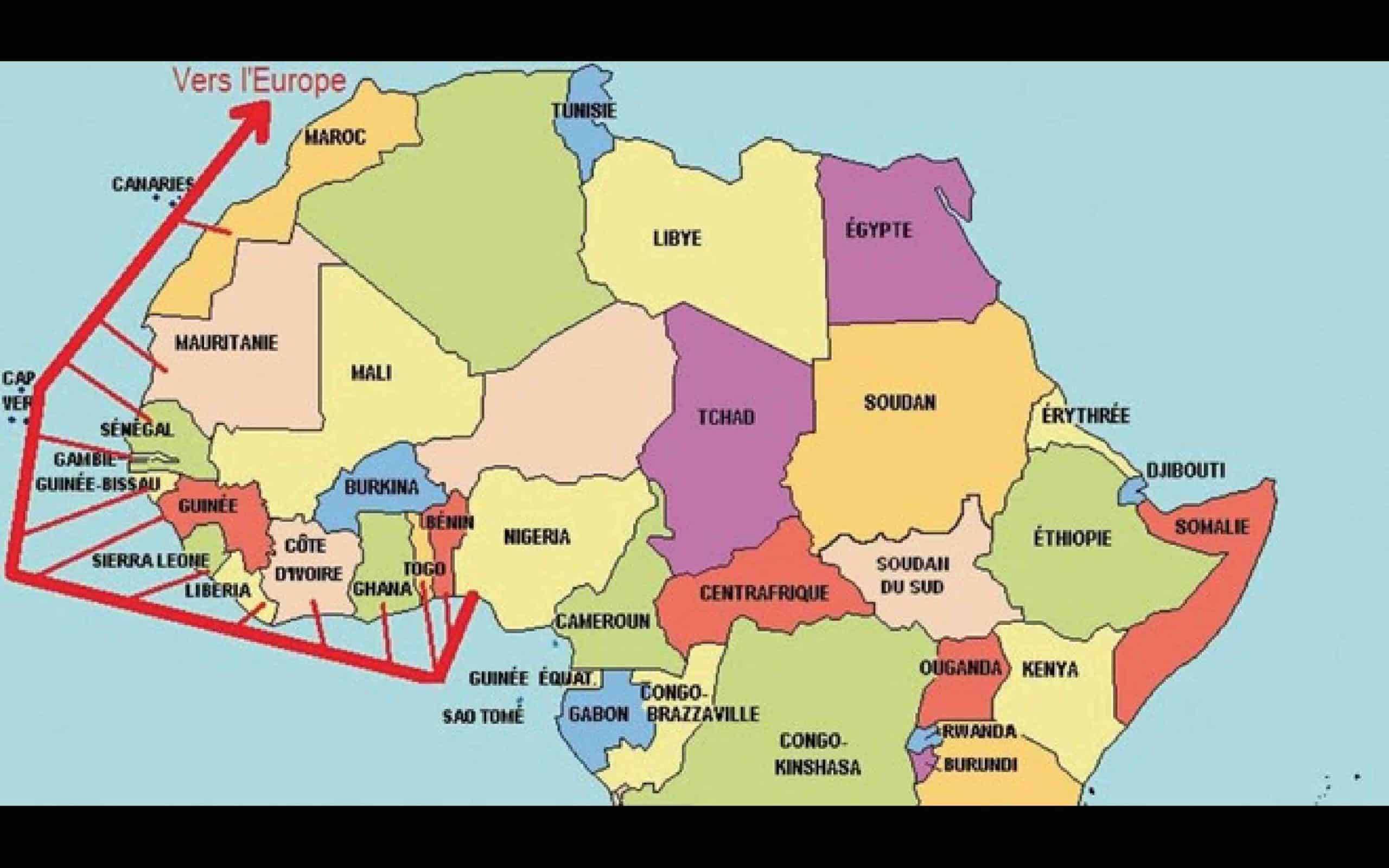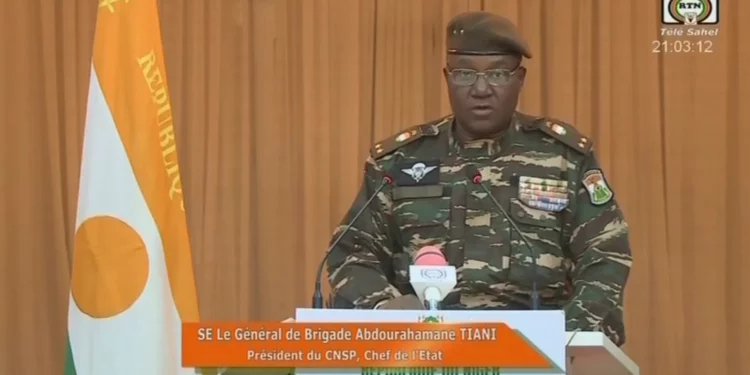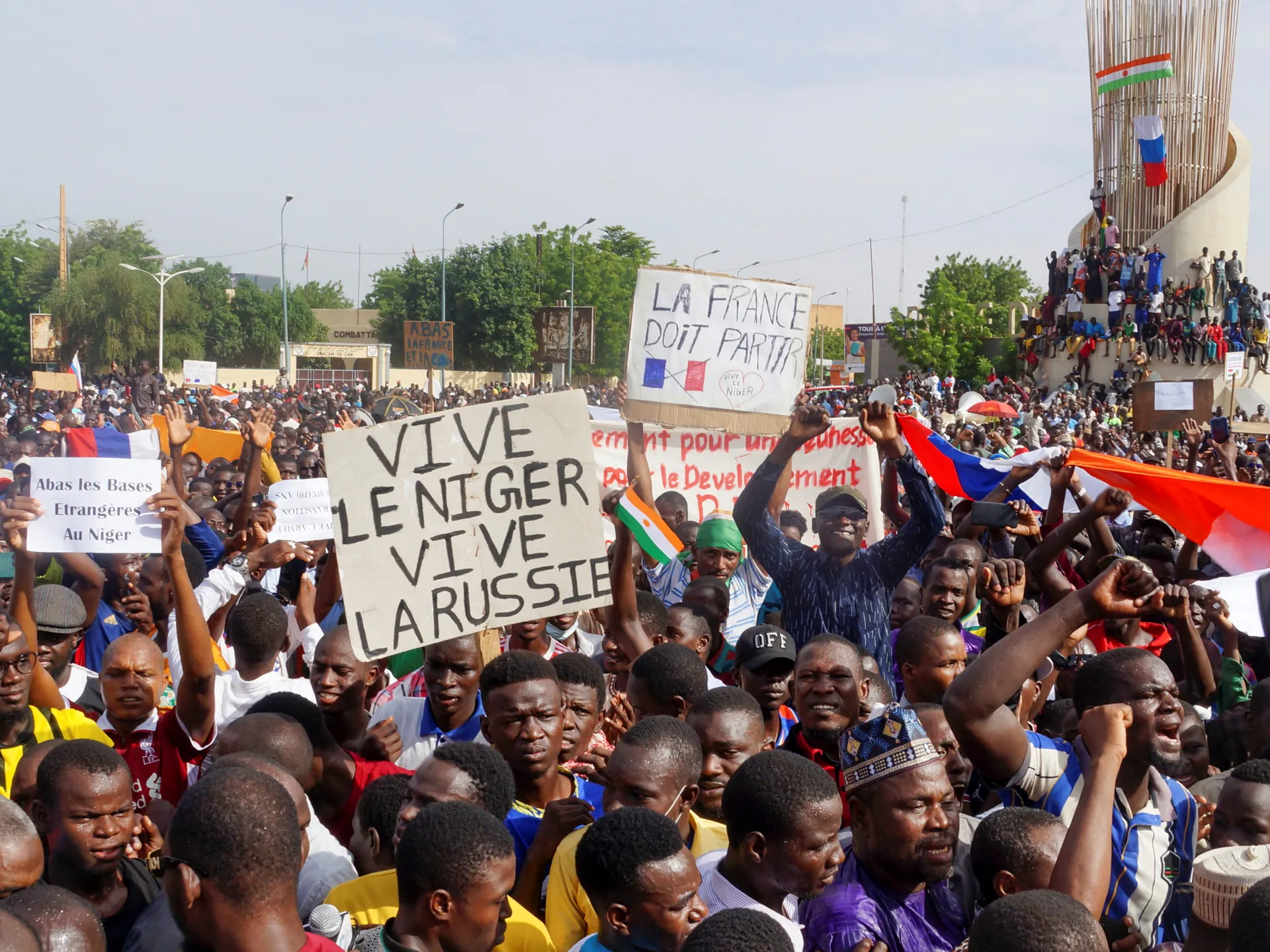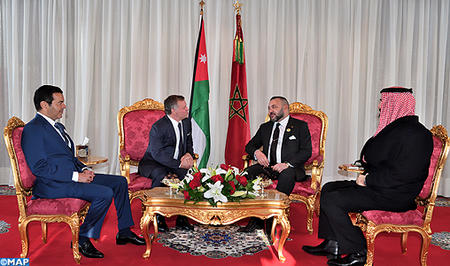The Nigeria-Morocco gas pipeline project was at the center of discussions, in Abuja, between the Chief Executive Officer of the Nigerian National Petroleum Company (NNPC Ltd), Mele Kyari, and the President of the Economic Community of West African States (ECOWAS) Commission, Omar Alieu Touray.
Omar Touray’s visit to Abuja was in preparation of the signing of a Memorandum of Understanding between the NNPC Ltd, Morocco’s Office National des Hydrocarbures et des Mines (ONHYM) and the ECOWAS, scheduled for September 15, 2022 in Rabat, Morocco,” the NNPC said in a statement.
“During the visit, the NNPC Ltd and the ECOWAS Commission reaffirmed their commitment towards the project, which, when completed, will provide gas to the West African countries through to the Kingdom of Morocco and subsequently to Europe,” the statement added.
“The NNPC and ONHYM would also sign two MoUs with Société Mauritanienne des Hydrocarbures of Mauritania and Petrosen of Senegal, both of whom are expected to participate in the project,” it said.
Once completed, the project would supply about three billion standard cubic feet of gas along the West African Coast from Nigeria, Benin, Togo, Ghana, Cote d’Ivoire, Liberia, Sierra Leone, Guinea, Guinea Bissau, Gambia, Senegal and Mauritania to Morocco, and through the North African Kingdom to Spain and Europe.
“Other benefits of the 7,000km-long Nigeria Morocco Gas Pipeline Project include improving the living standards of people, integration of the economies within the sub-region and mitigating against desertification through sustainable & reliable gas supply,” the statement said.
Earlier in June, the Federal Executive Council of Nigeria had given its approval for the Nigerian National Petroleum Company (NNPC Ltd) to enter into an agreement with ECOWAS for the construction of the Nigeria-Morocco gas pipeline.
The major pipeline project was launched in 2016 in Abuja under the presidency of King Mohammed VI and Nigerian President Muhammadu Buhari.



